We need a way to occupy restless former PMs
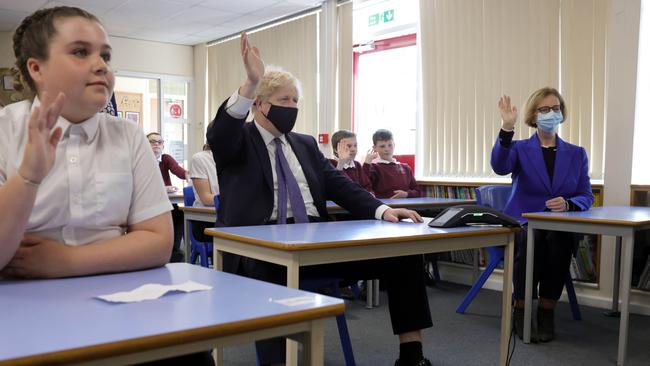
This caused Heath to go into what was thereafter termed, “The Incredible Sulk”.
Now a number of former Australian prime ministers may have stopped short of mirroring Heath’s obsessive decline, which saw him circle the drain of Saddam Hussein’s regime, but nonetheless one or two of our former leaders have not been exactly helpful or distinguished of recent times. A spectacular foray into French diplomacy is merely the ultimate destination for a former PM still coming to terms with his rejection by his own party.
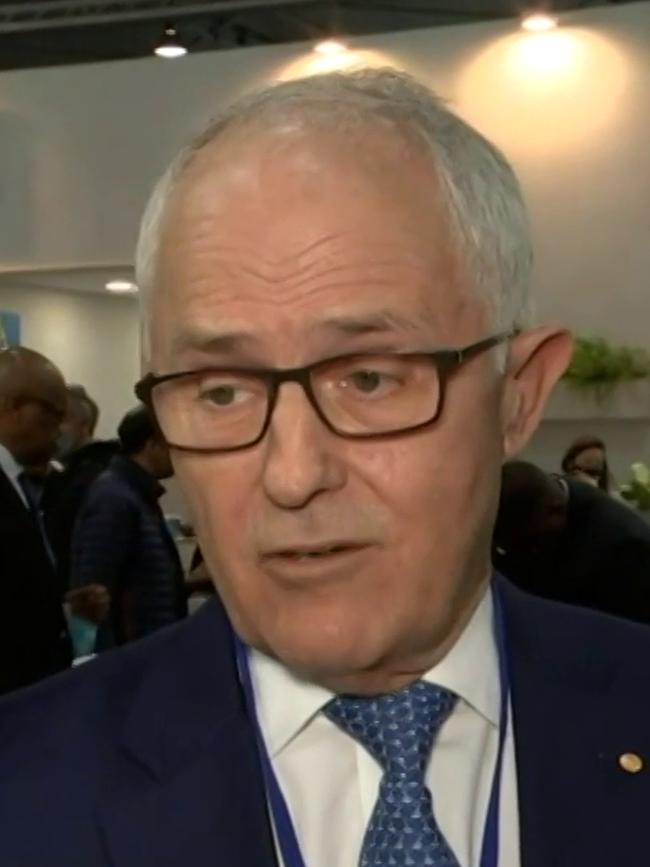
The question that might reasonably occupy Canberra, and more broadly the country at large, is how best to address this problem? For it is a problem, which is a destabilising factor in our politics and government.
Julia Gillard sets the platinum standard for a former PM. She remains discreetly active in international and national affairs, especially in her preferred field of education, particularly given her links to the Brookings Institution in Washington, DC.
John Howard is not far behind in terms of the dignified behaviour expected of a former PM. There is no doubting Howard’s conservatism, but his comments on both global and local affairs are mostly devoid of partisanship and largely reflect a considerable experience as Australia’s second-longest-serving PM. The late Bob Hawke was cut from a very similar cloth on the other side of the aisle, and Paul Keating’s interventions in public policy, even given his lacerating tongue, always have purposeful impact in the national political discourse.
American presidents face an even greater fall from political grace once they are rejected at the ballot box. However, this is no bar to maintaining or even lifting their public standing as ex-presidents. Widely perceived as a disappointment in office, Jimmy Carter, courtesy of his work with the Carter Foundation and such bodies as Habitat for Humanity, became a popular former chief magistrate. Even Richard Nixon recovered some of his standing by focusing in his post-White House years upon American diplomacy.
The impact of losing a presidential election was perhaps best summed up by senator Barry Goldwater (Republican, Arizona), beaten in a landslide by president Lyndon Johnson in November 1964, when he wrote a short note to his colleague, senator George McGovern (Democrat, South Dakota), after he was trounced by Richard Nixon in 1972. Goldwater was blunt, telling the South Dakotan: “George, if you are going to lose an election for the presidency of the United States, lose big. Regards, Barry Goldwater.”
Both Johnson and Nixon are honoured in Austin, Texas, and Yorba Linda, California, respectively, by institutions that are unique to American political life but that we should embrace. Those institutions are, of course, presidential libraries. The libraries serve a purpose far greater than mere repositories for presidential records and papers.
Even the more modest libraries offer insightful snapshots of life in the White House. The best of the presidential libraries are panoramas of American democratic life and the international consequences of respective presidencies during periods of great historic challenge.
At the Franklin D. Roosevelt Presidential Library & Museum it is possible to walk along a corridor and see the framed pages of the president’s speech to congress on December 8, 1941 in which he sought a declaration of war by America upon the Japanese empire. The original of one page reads: “December 7, 1941 a day that will live in history.” This has been changed by the president’s own hand to replace the word “history” with “infamy”.
Australian prime ministers ought to have a prime ministerial library dedicated to their periods in office and acting as incentives for scholarship and research, and for broader education of Australians on what their occupancy of The Lodge actually meant in retrospect. When tabloid allegations and social media howling have been tossed into the rubbish bin, the record of Australian prime ministers should be judged fairly and deliberately.
A system of prime ministerial libraries, replacing the present scattered collections, would act as a bridge for retiring prime ministers to remain engaged constructively in political life. The creation of libraries dedicated to former PMs would constitute a worthwhile task that would occupy former leaders in everything from design of the facilities; their focus and significance; to the necessary fundraising. Decisions on staffing and programs would need to be made and leadership would be required. A certain bipartisanship would early be understood as necessary. Years ago, visiting the Truman Presidential Library in Independence, Missouri, which is a marvellous record of post-war US political life, it was pleasing to note that prominent Republican general Colin Powell had spoken at a recent event.
US presidential libraries were originally founded by FDR with a donation of his personal papers to the US government. Beginning with the Hoover Library, they fall under the remit of the National Archives and Records Administration and are normally supported by private philanthropy.
Prime ministerial libraries would fill a very real vacuum in our democratic life. Not only would they give former PMs substantial and challenging tasks to perform, as president Barack Obama is now engaged in the creation of his library for Chicago, they would offer the opportunity to sketch more than an outline of the personalities who served as PMs. A great example of this is to be found in the Ronald Reagan Presidential Library in Simi Valley, California. While Air Force One in the gallery attracts the attention, the Reaganesque humour (referring to some of the republic’s founders as personal friends) is what distinguishes this institution.
“The Incredible Sulk” is not welcome on an Australian stage. American presidential libraries are milestones to the past that point simultaneously to the future. Australian prime ministerial libraries would achieve precisely the same goal.
Stephen Loosley is a Senior Visiting Fellow at the United States Study Centre at the University of Sydney.

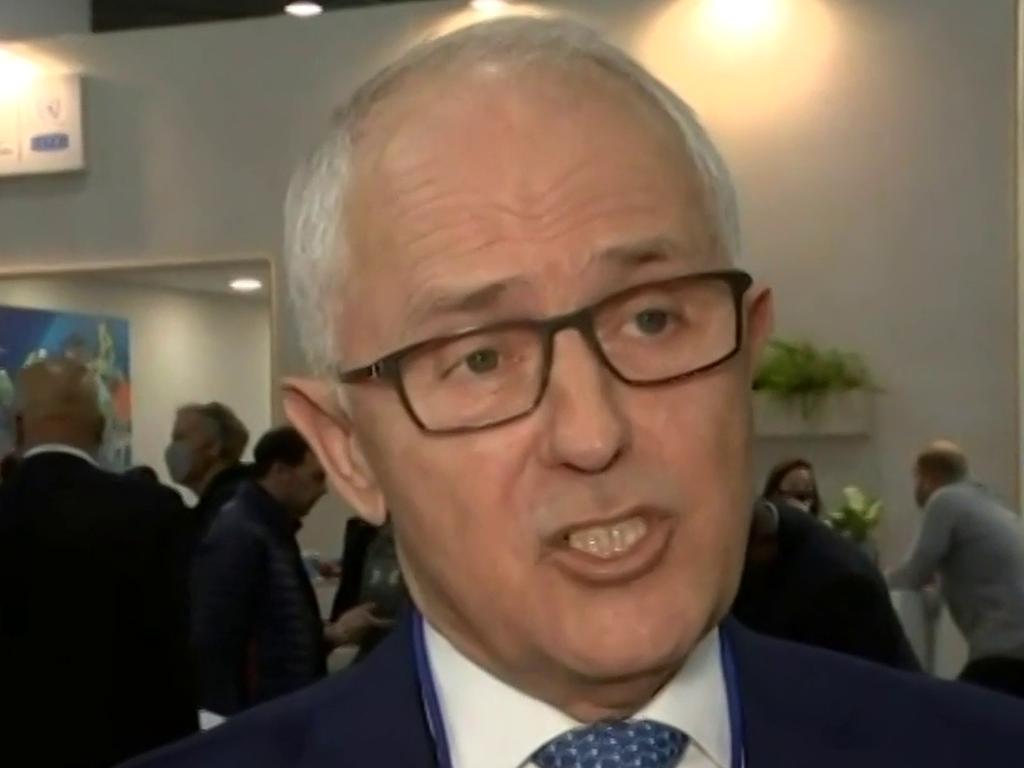
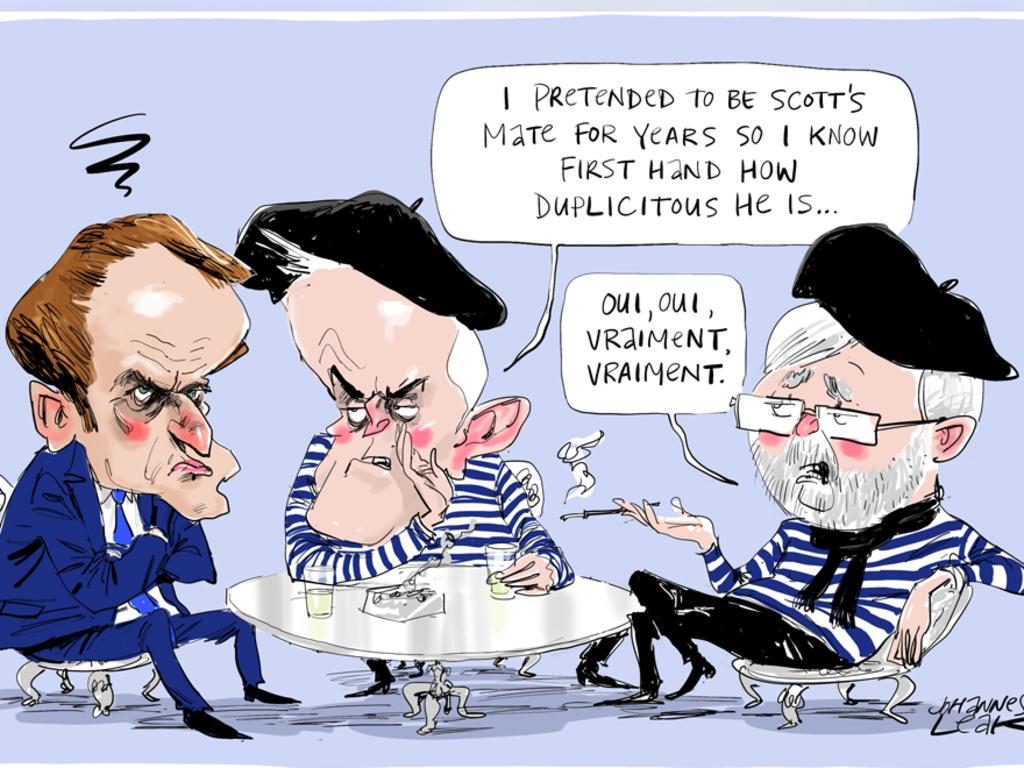
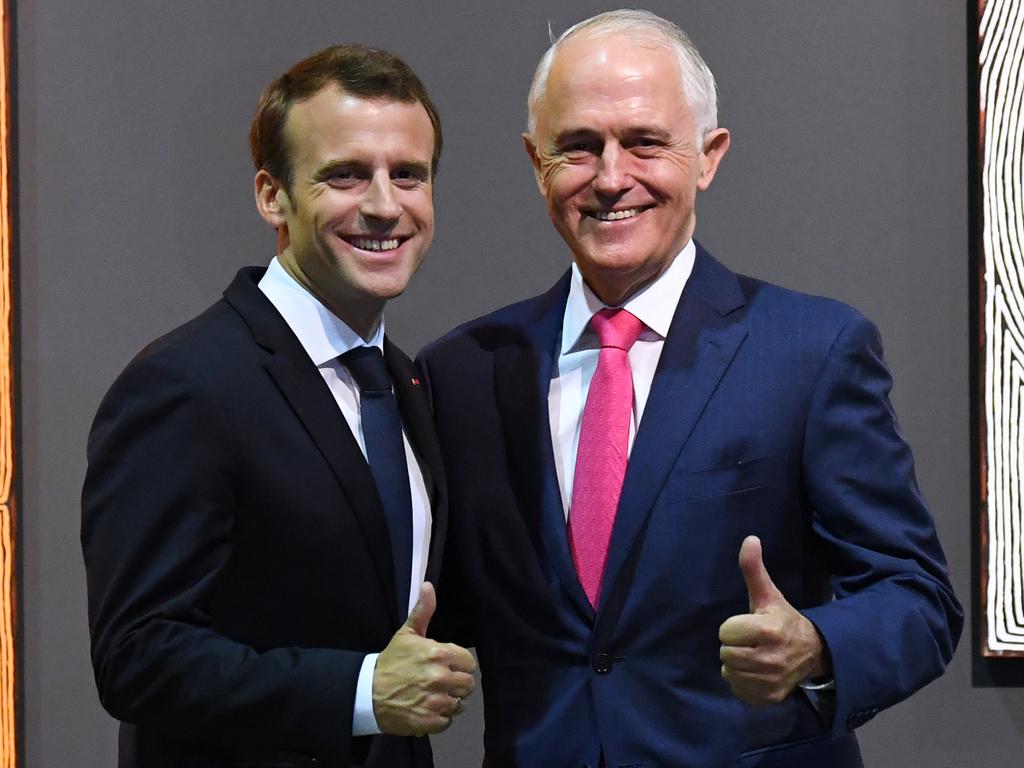


Conservative prime minister Ted Heath was defeated by Labour’s Harold Wilson at the 1974 general election. But the loss of the keys to 10 Downing St did not have as great an impact upon Heath as his defeat as Conservative Party leader at the hands of the rising Margaret Thatcher.